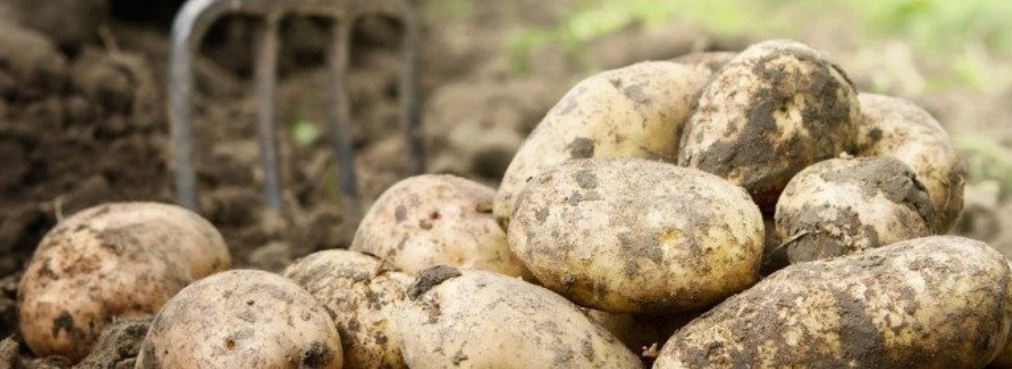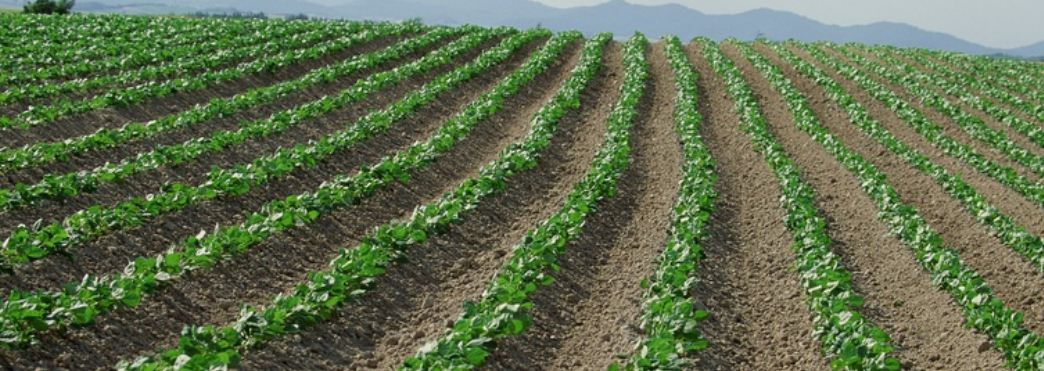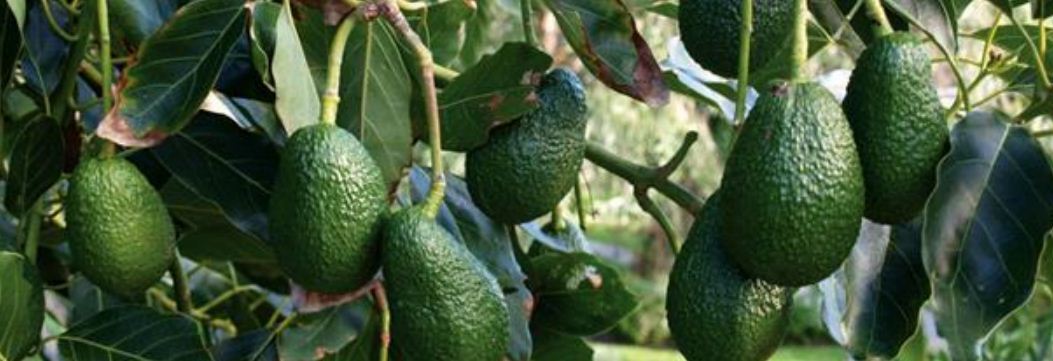Tips to start a potato farm business for beginners

Potato is one of the staple foods just like yam and it has a lucrative return as well when considered as an agricultural farming business.
Though venturing into potato farming might be easier for those already in related farming business but for beginners, it may not be the same.
To start up a successful potato farming business there should be a basic knowledge of what seasons and soil are best for its cultivation, the management skill, variety to go for and comprehensive potato farming business plan.
The below tips will guide anyone that aspires to go into potato farming with the basic steps that are required to making a huge profit.
1. Startup Capital is Required
The startup capital in this kind of farming is extremely very important. As you are planning potato farming, you should take into account the cost of buying or renting an open site for the cultivation.
So while going into potatoes farming just as any other kind of agricultural production, make sure you have an adequate amount of money that will sustain you till you start harvesting, and making a profit from the product sales.
Additionally, the capital will also help you to get certain agricultural tools and machinery (hand tools or power tools) necessary for easy farming.
2. Choose the Best Soil for Potato Farming
In starting this kind of business, you should know that there is soil a type considered as the “best soil” type for the effective cultivation of potatoes (soils that drains well). Though potatoes can be grown in many soil types the yield is always great with suitable soil.
It is a wise decision to inquire from other local farmers to know what kind you will be going for and the soil that best fits the species of potatoes available in your location.
The soil type and temperature will also help you in selecting the best farmland suitable for its cultivation. Soil temperature should be noted since potato will not begin to grow until the soil gets to the temperature of 45°F.
Anyone that is venturing into potato farming business should always bear in mind that good potato production is dependent on good land selection. Always go for a land that has the best soil for a good yield.
The land you are selecting for your potato farming should have a very good soil structure. Avoid using land with saline and alkaline soils.
The kind of soils considered best for potato farming is loose soils such as loamy and sandy soils that allow infiltration of water into the soil, water drainage and gas exchange in and out of the soil.
These types of soils mentioned above are rich in organic matters and allow water drainage; moist but not waterlogged.
3. Farm Tools and Machinery
There is no farmer without farmland and farm tools. These are the two major important things required whenever one thinks of farming as either a passion or business.
There are diverse arrays of equipment are used in both organic and inorganic farming. But you should know the clear difference between simple farm tools machinery, don’t get the point twisted.
Simple farm tools are usually small and handy; less bulky and weighty while farm machinery is a farm implement that is operated which ranges from power tools to tractors.
The point here is that the kind of types of machinery or farm tools required for your farm will fully depend on the size or rather a scale of farm operation you are going into.
Some of the major important farming equipment potato farming require to include ridgers, diggers, fertilizer spreader, irrigation equipment, bins, tractors, harvesters, and spray equipment among others.
4. Know the Right Season
Know the right time (season) for the kind of potatoes (sweet potatoes, Irish potatoes, etc.,) you want to farm, though potatoes can grow well anytime, to plant it in the right season makes it yields better and also it will help to prevent or minimize the diseases that affect potatoes farming.
Potatoes grow well during the rainy season but that doesn’t mean it can’t still grow in other seasons if there is a proper irrigation system available.
The irrigation system can be used to cultivate potatoes during the season of low rainfall or in the dry season. But it is best planted in the raining season from Between late March and June.
5. Land Clearing
Prior to the time of planting, make sure that you have already cleared the land and prepare it for the planting season; also make sure that you buy the right potatoes stems for the kind of potatoes you want to grow.
One of the major processes involved in potato farming is land clearing. This implies that an area or a portion of land where you intent plating the potatoes should be cleared first.
For beginners as the topic of the article implies who cannot afford tractors and harrow to plow and ridge the land, all you need to do is to get a cutlass and use it for land clearing.
Better still, you can use the bush burning method. After that, you have to wait for a downpour of rain before you start planting.
6. Choose a Special & Follow the Important Factors
There are over 200 varieties of potatoes over the world in which each of them has a particular potato type among the many types of potatoes to fit into.
The most popular potato type seems to be the sweet white and Irish yellow. Other types include red, purple or blue, russet, petite and fingerling.
You have to follow up on any of the types you choose to plant with proper management and some critical check-listing.
Some of the factors to consider when planting any type or variety of potatoes are the planting depth, seeding rate, spacing, fertilizer application, and pest control.
7. Get the Right potato Stem/Seed
Potatoes are grown annually in a wide variety of environments around the world. The development process starts by shooting out sprouts that later turn into stems and leaves with a period of one month.
One funny thing about the potato is that you can easily plant it using the stem and can as well get the stem yourself from the seed. Get the right stem for the particular species of potatoes you wish to plant.
You can make prepare the potato stems you will use for your farming by simply plating the seed during the planting season around early March. Just five seeds of potatoes can get you enough stem that will be used in starting your potato farm even in a plot of land.
8. Weed Control & Manure
Every potato farmer should be on the lookout because potatoes are easily affected by pests and other fungal diseases which might reduce its yield.
Buy suitable fertilizer as well as other weed and insect control chemicals needed such as insecticides and herbicides.
The weeding should be done as soon as we find out that weed is sprouting out and should be done earlier before the potato stems spread all over the land.
Any type of manure can be used on the farmland where you plant your potatoes. Natural manure such as composts from home or artificial can be applied. But if the land has been exhausted or is fertile, there won’t be a need for any kind of manure.
9. Know the Best Potato Planting Pattern
Knowing about all these, without having a basic knowledge of how potatoes are being planted is a big flop because planting wrongly will make all your struggles to be in vain as you will end up gaining eventually nothing.
So while you are making all these plans make sure you know how to plant potatoes as they are grown best when in rows.
Things you need to know at this juncture include the inches deep and wide, how to cut the stems and the right way to put them in the ground.
To start the process, you have to cut the stems off from where you planted them earlier. While planting, ensure that the bulbs on the stem are faced up while the point from where the roots come from is been buried in the soil.
Similarly, you can plant the sprouting potato tubers or seeds by burying them in the soil to give a better yield.
10. Farm Laborers
From the tips and steps arranged in this passage, you should have seen that there are processes involved in the planting of potatoes which one person cannot do alone.
Hiring a part-time worker is very important especially if you have access to a large land for a start. You can hire a part-time laborer from time to time and pay the person according to the number of days he/she worked for you.
By so doing, some of the labors involved such as making a heap, weeding, tilling, grading (as the case may be), planting, harvesting, and others will be done appropriately.
11. Harvesting Period
Potatoes take three months to mature for harvesting. They are mature for harvesting 2 or 3 weeks after the foliage has died off.
The harvesting month is usually around August-September depending on the time is planted. The good news about potatoes farming is the yield is not harvested once and for all.
After the first-time harvest, the remaining roots in the soil begin to make more yields which are usually harvested around December (mainly applicable to white potatoes).
12. Sales
You may wonder why we didn’t talk about storage before sales. The reason is that potato storage is very difficult to achieve. But if you wish to store your harvest, you can open a water-free and cool underground shade for storage. Put the potatoes there and cover with grasses instead of soil.
But since the demand for this staple food is speedily increasing all over the world, why wasting time on storage while the market is there waiting for you?
Where do I sell them? Who do I sell to? These questions or other related ay come to your mind at this point. The market is waiting for seeing your product, so why border.
Sell to individuals in local and international markets; supply to households, restaurants or fast-food joints, supermarkets, schools, and others.
Conclusively, potato as one of the major agricultural export foods has a lot of farming benefits which the most defined among others is that it serves as a great source of employment at the right scale.
Following the tips with the basic steps mentioned above, the profit made after-sales will be as many times over than the starting capital.




